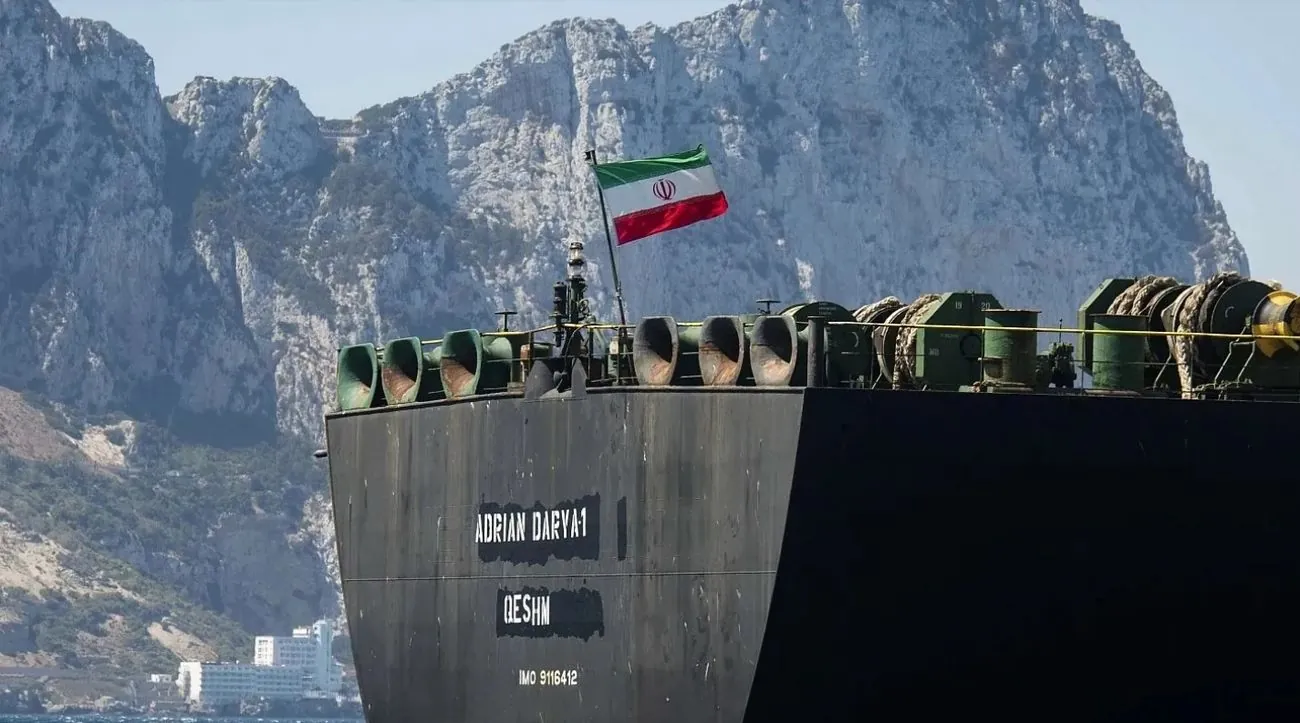“Iran Maximizes Oil Exports Despite Conflict – BloombergIran has sharply increased oil exports following the escalation of the conflict with Israel. The country seeks to maintain revenues by dispersing tankers and ensuring supply stability through the Strait of Hormuz.”, — write: unn.ua
Reported by UNN with reference to Bloomberg and Deutsche Welle.
DetailsThe war between Israel and Iran has led to an increase in oil prices and tanker rates, as traders and investors have bet on disruptions in oil flows and cargo traffic from the world’s largest oil-producing region. However, according to data from a company specializing in monitoring illicit shipments:
Oil exports from Iran have sharply increased since the escalation of the conflict between Tel Aviv and Tehran began.
There are currently no signs that Israel has attacked Iran’s oil export infrastructure, Bloomberg writes. Meanwhile, Tehran is likely concerned about the situation, which could change to the detriment of the current authorities.
Maximizing exports would be a way to support supplies and revenues – at least in the short term.
In my opinion, it’s quite clear what they’re doing. They are trying to ship as many barrels as possible, but security is their top priority
BackgroundTankerTrackers specializes in verifying satellite imagery to fill gaps in the industry’s primary tool for monitoring ship movements, the so-called automatic identification system (AIS) signals.
Why is this useful when it comes to Iran? The fact is that many vessels associated with trade with this country have turned off their automatic transmissions, making them difficult to track.

Oil is stored in densely packed storage tanks in Kharg, making it more vulnerable to attacks than cargoes on ships scattered around the Persian Gulf or heading to China.
Strategy of dispersion and stability in oil supplies from IranSatellite images of the area southeast of Kharg, where tankers usually wait before loading, show that empty vessels have been dispersed since the beginning of the Israeli attacks.
Iran employed a similar strategy of dispersing waiting tankers when it was previously attacked by Israel in October. At that time, it also ensured uninterrupted exports.

Another sign that flows from the Middle East region are not being restricted is that tanker tracking data compiled by Bloomberg shows no significant changes in oil supplies through the Strait of Hormuz.
Can do, can’t do: Trump commented on the US’s potential participation in a war against Iran18.06.25, 18:03 • 1884 views
There have also been no significant changes in the speed at which vessels are moving through the waterway, which carries about a fifth of the world’s oil production.
AddendumNo significant attacks on commercial shipping in the region have been recorded since last week. Although on Tuesday, June 17, two oil tankers collided off the coast of the United Arab Emirates.
The ships caught fire, but there were no casualties or oil spills.
As there seems to be no end to the conflict in sight, markets are on edge. Any blockage of the waterway or disruption of oil flow could cause a sharp increase in crude oil prices and affect importing countries, especially in Asia, writes DW.
China, India, Japan, and South Korea are the main destinations – these four countries together account for almost 70% of all crude oil and condensate flows passing through the strait.
These markets are likely to be the most affected by shipping disruptions.
Any actions by Iran aimed at disrupting oil flow through this waterway could also jeopardize Tehran’s relations with the Arab states of the Persian Gulf.

Such as Saudi Arabia and the United Arab Emirates – countries with which Iran has carefully improved relations in recent years.
RecallUNN reported that oil prices continue to rise amid the conflict between Iran and Israel.
Brent crude oil futures rose by 26 cents, or 0.3%, to $76.71 a barrel at 04:40 GMT (07:40 Kyiv time). WTI crude oil futures rose by 35 cents, or 0.5%, to $75.19 a barrel.
European Commission has officially proposed a plan for the EU to abandon Russian gas and oil: what is envisaged17.06.25, 16:19 • 2624 views
